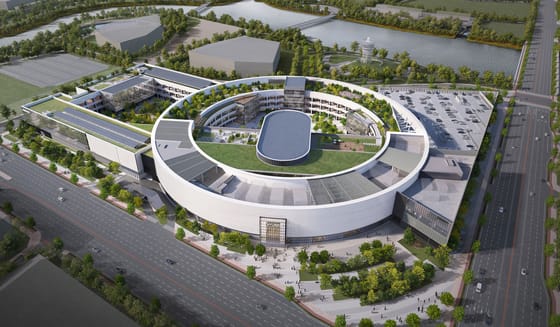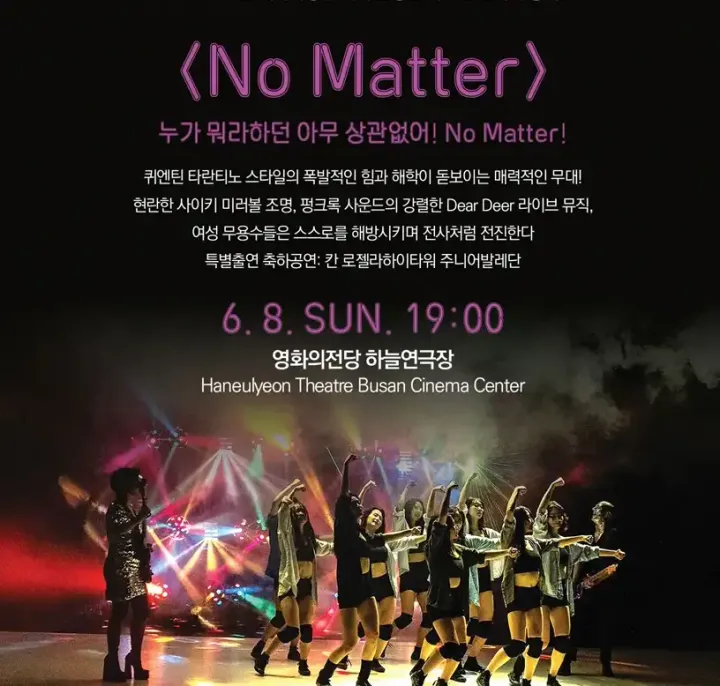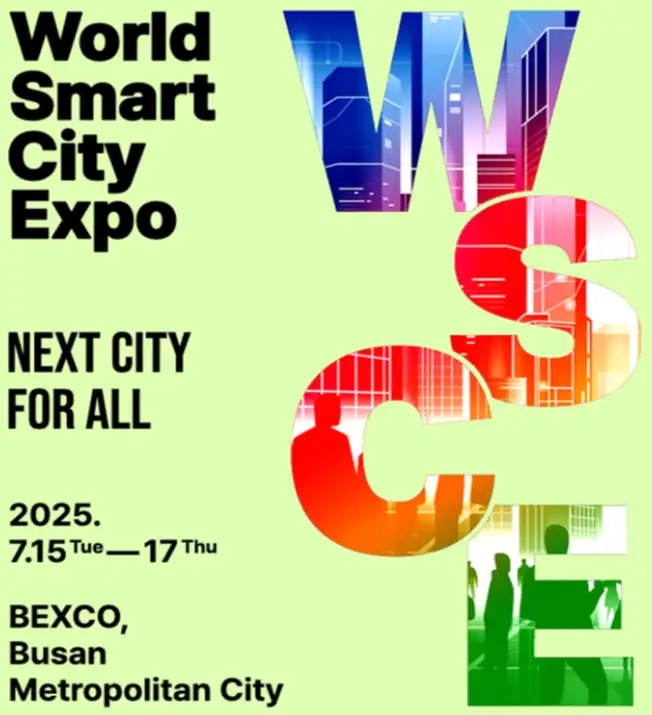Hyundai Department Store to Unveil ‘The Hyundai Busan’ with Next-Generation Retail Concept
Hyundai Department Store has announced plans to develop ‘The Hyundai Busan,’ a new retail complex in Eco Delta City, Busan. With a site covering 111,000 square meters and a total floor area of 200,000 square meters, the development is set to open in the first half of 2027.

Busan, South Korea — Hyundai Department Store has announced plans for a new retail complex, The Hyundai Busan, in the Eco Delta City area of Busan, South Korea. The project will cover a 111,000-square-meter site (approximately 33,000 pyeong) and have a total floor area of 200,000 square meters (roughly 60,000 pyeong). The retail complex is expected to open in the first half of 2027, with construction set to begin in October 2025.
The development will introduce The Hyundai 2.0, a next-generation retail model that integrates department stores, outlets, and shopping malls into a unified shopping experience. The hybrid model will combine premium retail spaces with outlet sections, providing a broad spectrum of shopping options under one roof. By focusing on the overall shopping experience rather than traditional categories such as price or product type, the project aims to create a more immersive and dynamic consumer environment.
As part of this model, the complex will include large-scale immersive experience zones, designed to offer visitors a variety of activities beyond shopping. These zones will feature art exhibitions, entertainment events, and cultural displays, drawing inspiration from global landmarks like New York’s Bryant Park and Paris’s Grand Palais. By blending elements of nature, modern architecture, and retail design, the project aims to offer a unique, interactive experience for visitors that could reshape traditional shopping spaces.
The architectural design of The Hyundai Busan is intended to reflect both local identity and global influences. The development will incorporate elements of Busan's maritime culture, while also integrating contemporary design trends. The theme is expected to focus on balancing contrasting elements, such as premium versus affordable, and urban versus natural spaces. This approach aims to blend local cultural expressions with global retail trends to create a space that is both familiar and innovative.
The project’s location in Eco Delta City is strategically important. The area, which is part of a broader smart city initiative, offers excellent connectivity to key transportation hubs, including Gimhae International Airport and major highways. Additionally, Eco Delta City is part of the Busan-Ulsan-Gyeongnam Megacity, and will benefit from an upcoming subway line, improving access not only for local residents but also visitors from other regions. This connectivity is expected to support the long-term success of the development by providing strong infrastructure and ease of access.
The Hyundai Busan will also incorporate elements of ‘glocal’ storytelling, integrating aspects of Busan's unique identity into the shopping experience. The complex will feature cultural elements reflecting Busan's harbor culture, regional traditions, and modern cultural trends aimed at attracting younger consumers. It is expected to offer various cultural activities, such as trendy dining concepts and outdoor food booths, appealing to a younger audience seeking more experiential forms of shopping and entertainment.
Economically, The Hyundai Busan is expected to contribute to the local economy. The development is anticipated to create jobs, attract both local and international tourists, and establish a new retail hub for the region. Positioned in an area that is experiencing increasing development and investment, it has the potential to become a major commercial and cultural destination for Busan.
While The Hyundai Busan is poised to introduce a new retail experience that goes beyond traditional shopping, focusing on entertainment, culture, and lifestyle, its success will depend on its ability to meet the evolving expectations of modern consumers. By integrating both global and local trends, the project aims to contribute to the economic and cultural growth of Busan, but its long-term viability will rely on its ability to appeal to a broad audience and adapt to future retail trends.



Comments ()